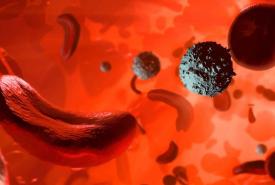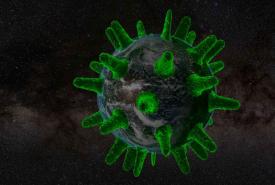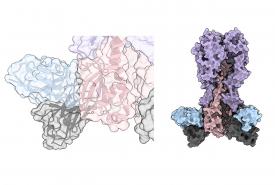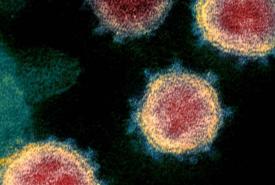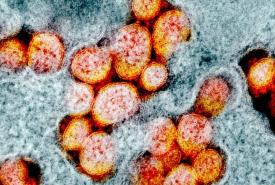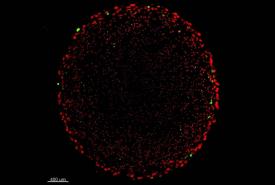Novel Drug Delivery, Scientists retool CAR T cells to serve as micropharmacies for Cancer Drugs
Immunotherapies called chimeric antigen receptor (CAR) T cells use genetically engineered versions of a patients own immune cells to fight cancer. These treatments have energized cancer care, especially for people with certain types of blood cancers. Now, scientists at Memorial Sloan Kettering Cancer Centers Sloan Kettering Institute (SKI) have developed new CAR T cells that can do something their predecessors cannot make drugs.



